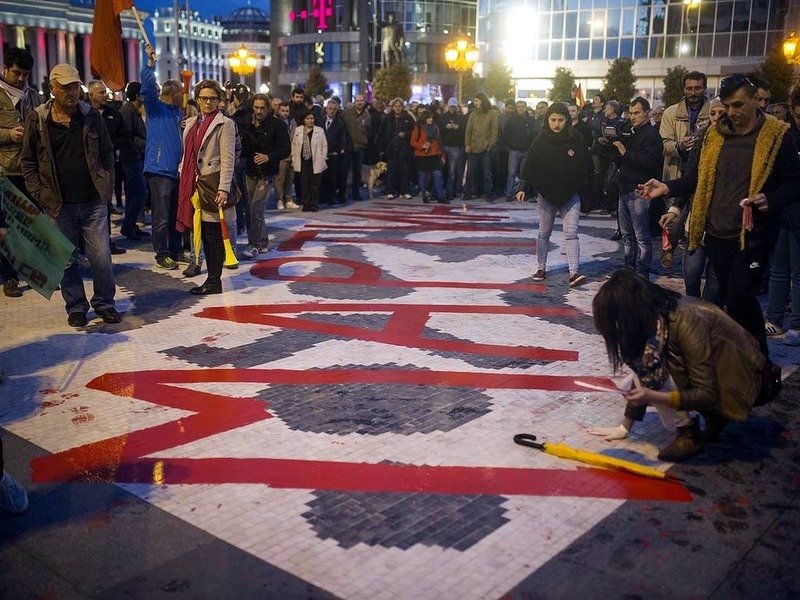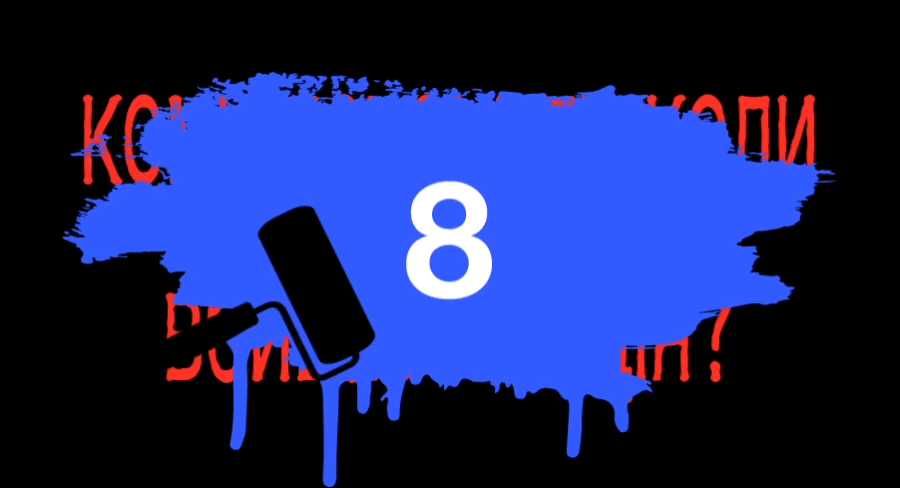As I read about France, I am getting flashbacks from my own country.
In June 2011, Macedonian Prime Minister Nikola Gruevski was revelling in yet another election victory when his political demise started, unmasking his authoritarian regime.
At his party’s celebration in Skopje, a policeman brutally killed 22 year-old Martin Neskovski who, ironically, was there to honour Gruevski’s win.
Initially the police kept the details quiet, but word spread on social networks. Hundreds of young people started protesting against the attempted cover-up, demanding “Justice for Martin”. By the end of summer, thousands were on the streets every day.
Authorities had to acknowledge the murder, and apprehended the police officer suspected of the crime. But he insisted he was off duty that day. No one else was held responsible.
And yet, I recall nothing was the same any more. Before, only the weak opposition cried foul. Afterwards, Gruevski’s tight grip on power started to loosen.
In power since 2006, Gruevski was finally ousted in 2017. One raindrop opened the floodgates. In 2014, due to a proposed change in the educational law, tens of thousands protested in Skopje demanding Gruevski stop interfering in elementary schools and universities.
In 2015, another wave of protests started, after the opposition published a series of leaked wiretaps from the secret police that showed the corrupt face of Gruevski’s regiment. Among them, one suggested that the authorities plotted to cover up responsibility for the Neskovski murder.
The “Colourful Revolution” continued until a new majority toppled the regime in 2017.
I was there. I followed these protests. I felt the energy and witnessed how much the demand for justice for Martin was part of it.
Then politics took over, and now we still receive warnings that police brutality is a problem. I wonder – will history repeat itself?





